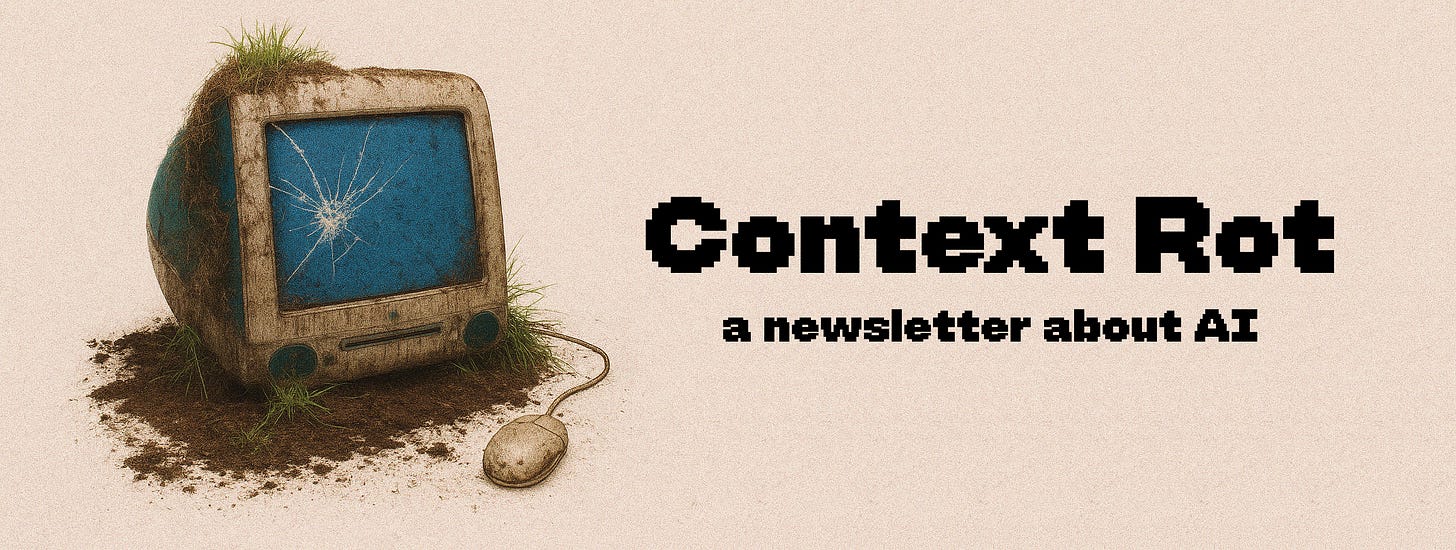New iPhones and Narcissismmaxxing
It's just chips all the way down
Also in this issue: Spotify is launching bringing back DMs, Netflix wants you to play Is It Cake? IRL, and our year of socialism continues apace.
Turning the Socialism Dial
The United States now officially has a 10% stake in Intel, which caused a jump in its stock price, but also led to the company issuing a warning about potential “adverse reactions,” because a whopping 76% of its revenue last year came from outside of the US. Nvidia has already gotten backlash from China after its deal with the Trump administration—the Chinese government told companies not to buy Nvidia’s chips due to potential security risks. There are plenty of reasons why the Intel deal sets a not-great precedent, and also very good reasons for keeping Intel competitive in a world where chip production is a key limiting factor in the development and deployment of advances in AI. The Trump administration has already signaled that it wants to take stakes in more companies. Fear not, Context Rot will remain steadfastly on the is-AI-making-us-all-socialists beat.
Future iPhones Will Look Like… Current Phones
Apple announced that their next iPhone event will be held September 9th. Alongside the iPhone 17 and its Pro/Pro Max variants, the company is also expected to release the iPhone 17 Air. The Air will be the “thinnest iPhone to date” and have a screen size somewhere between the standard 17 and the Pro Max. A thinner and lighter phone sure sounds nice, but in this case Apple may have to sacrifice performance and battery life to shave off the ~2mm in width. I still think if they walked on stage and announced no new changes to the phones aside from a battery that lasts twice as long they’d get record sales.
Mark Gurman also reports that Apple will be releasing a foldable iPhone in 2026 that features Touch ID instead of Face ID. Samsung has been selling foldable phones for a while now, and there is something that feels “un-Apple-y” to me about a giant phone screen with a crease in it (not to mention a backslide to Touch ID after spending years bringing Face ID to the rest of their hardware). But this could be a glimpse into a world where, if AI gets good enough that we can use voice (through earbuds or other wearables) as a main way of interfacing with our devices, we don’t really need the big rectangular screens anymore unless we’re consuming media. In that case, it’s extremely useful to have screens that can remain small and portable—even watch-sized—while we’re on the go but expand out into iPad size when it’s time to lay in bed and go TikTok mode.
I’m mostly just excited for the rumored curved glass iPhone 20 coming in 2027.
AI as a Narcissism Generator
I linked to it the other day, but I’ve still been thinking about the piece Derek Thompson wrote on what he calls the “Looming Social Crisis” of AI. One prediction in particular has been stuck in my brain: that the “sycophancy-by-design” we see with LLMs will change the way we interact with others by constantly reassuring us that we’re special, in the right, and experiencing hardships that no one else is. From Thompson (emphasis mine):
In fact, this appears to be a reliable formula for the mass production of narcissism. In one longitudinal study of 565 families, researchers looked into the origins of childhood narcissism. They rejected the popular notion that narcissistic parents reliably produce narcissistic kids as automatically as they pass on eye color. Instead, they found that narcissism in children was “predicted by parental overvaluation,” and especially by parents “believing their child to be more special and more entitled than others.” Narcissism, in other words, is not innate; it is absorbed through social interaction.
I can’t help but feel that this is also connected to broader social trends like the ongoing death of criticism—our increasingly anti-social tendencies are ushering in a world where any disagreement or negative feedback is viewed as a personal attack, and that mindset will only push us further and further into the warm embrace of the infinite affirmation machine that is AI. And when we emerge (for those who even choose to), what version of our personality is left?
Doomscrolls
Spotify is launching DMs. This actually isn’t the first time—some of us real heads were using the app’s original messaging feature to flirt in our college years. Still not launching: their long-awaited “super premium” service.
Google released a new Gemini image model, and it seems pretty good. Google seems to have (temporarily?) pulled ahead in the LLM race.
Elon did actually end up suing Apple and OpenAI, accusing them of conspiring to keeping Grok out of the top spot in the App Store charts.
More money is flowing into pro-AI Super PACs. OpenAI cofounder Greg Brockman and a16z are among those launching a Super PAC network called Leading the Future.
Netflix is opening the first two “Netflix Houses” later this year. I don’t love the feeling I get when I think about what is essentially an experiential mall designed to bring to life IP that was produced largely for (and increasingly by) algorithms. Very IRL brain rot-core.
Character.ai, one of the first AI companies to get HALO-ed, is now looking to raise more money or find a buyer. It does seem like chatbots/companions are still the only consumer AI lane with some product-market fit.
This week in slop: J Crew posted an entire AI “photoshoot”, and don’t ask Google’s AI Overview for video game advice. I recommend reading the first link all the way through, not least because it contains the beautiful phrase “A.I. aura-cannibalism.”
A Good Question
All em dashes added organically by me. All typos are because I am also having socialism injected right into my hands and they’re swollen.
Thanks for reading. If you enjoyed this article, please share it with a friend.





